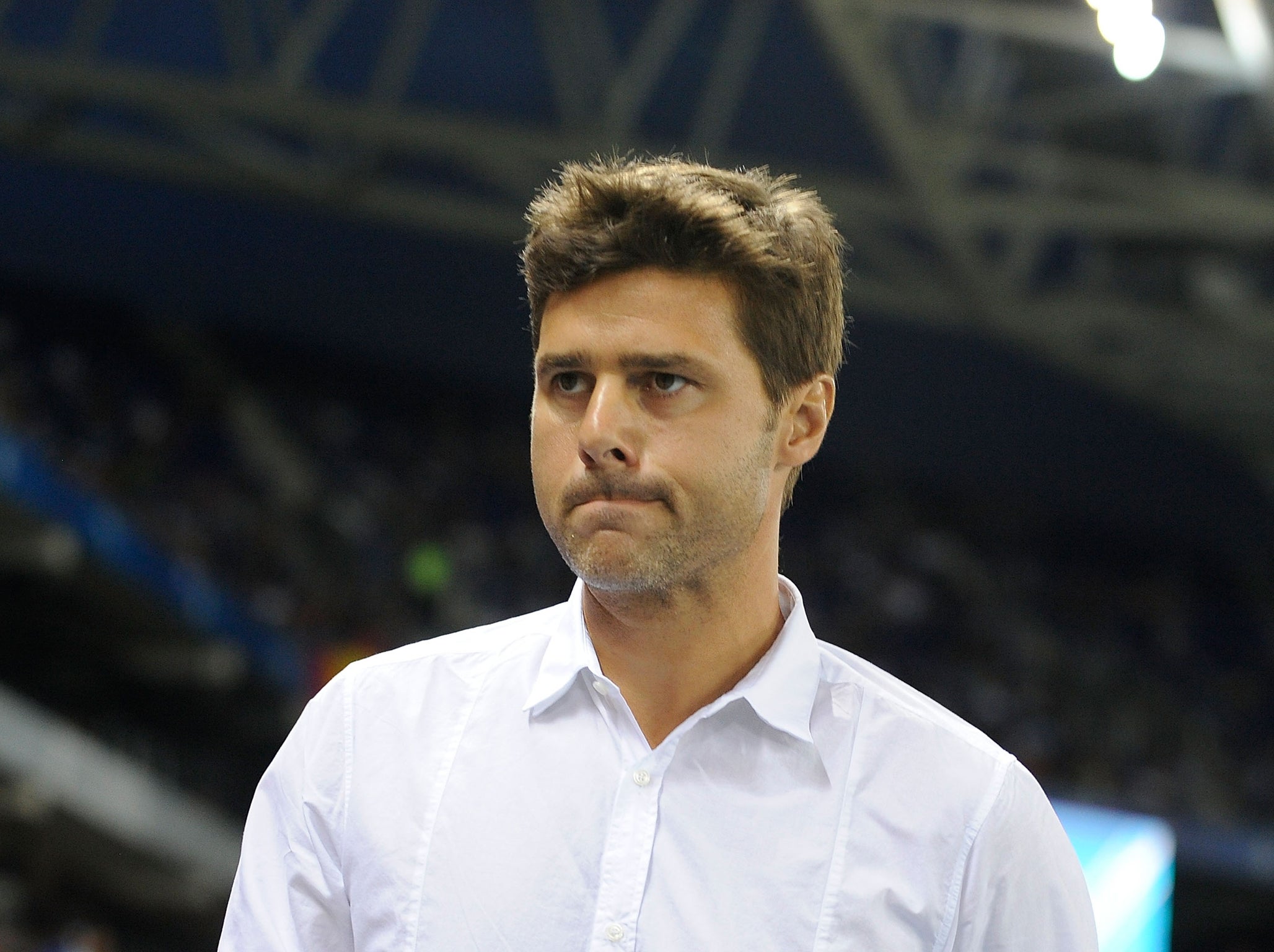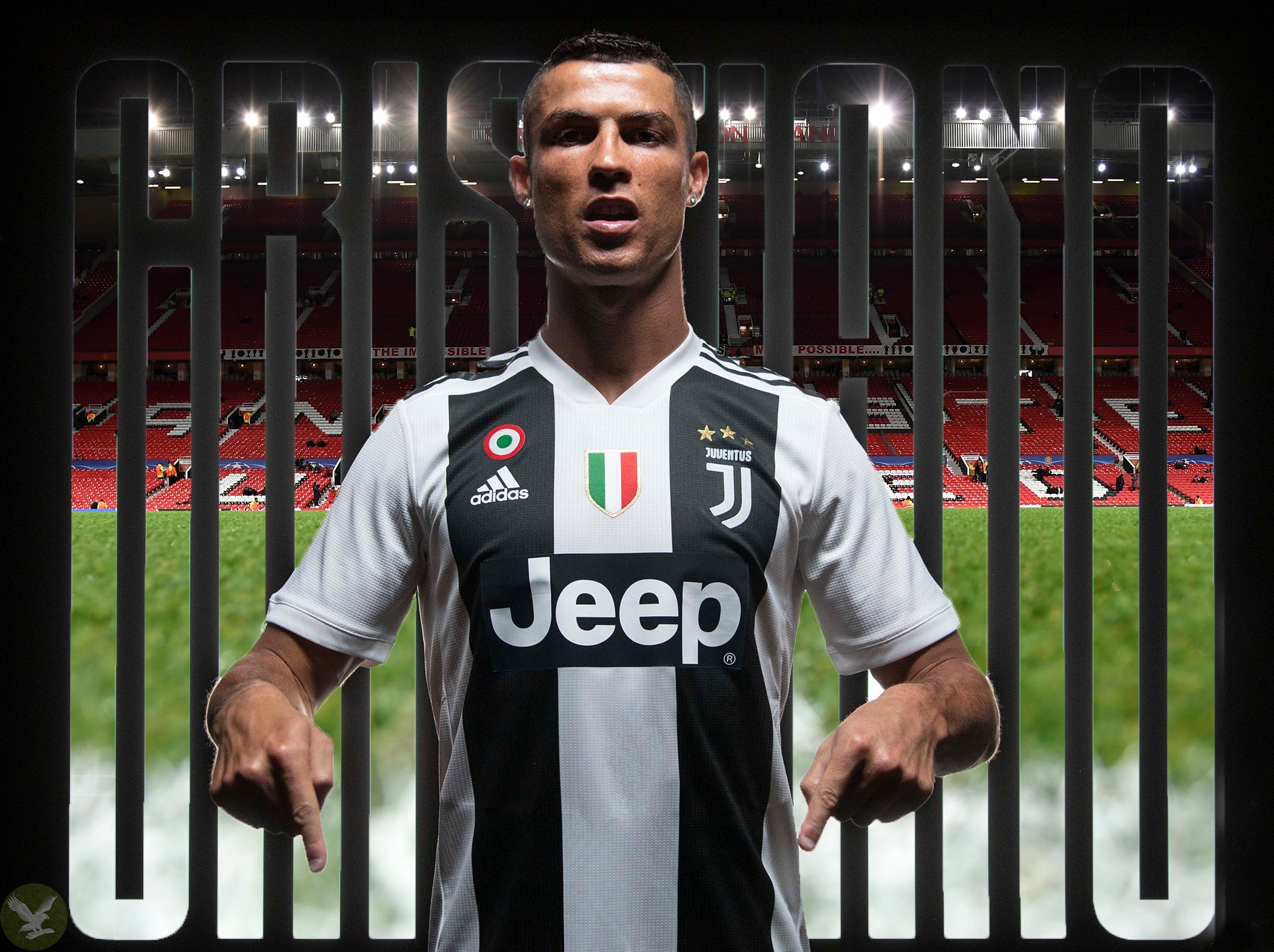Champions League draw tougher than usual for English teams – but matches that matter remain a long way off
Really, who even remembers that Real Madrid actually came through last season’s group of death, such is the lack of life and danger in this round for Europe’s super-clubs?
It says much about what the Champions League group stage has become that even a draw as engaging as this – and one better than usual – is almost entirely unlikely to have any impact on the defining themes of the season. For all the excitement, games such as Liverpool vs Paris Saint-Germain and Barcelona vs Tottenham Hotspur just don’t carry the same sense of consequence.
We are in a very different football world to seasons like 1998-99, when the opening round dictated everything that came after. These days, when the path of the champions is discussed and their historical merits weighted, no one even mentions who the winners faced before Christmas. Who even remembers that Real Madrid actually came through last season’s group of death, such is the lack of life and danger in this round for Europe’s super-clubs?
How the Champions League’s dominant club and defending champions perform in the competition following the sale of its greatest ever goalscorer in Cristiano Ronaldo remains the campaign’s biggest question, its dominant topic.
Perhaps the only wonder about Madrid's very light group of Roma, CSKA Moscow and Viktoria Plzen is how many goals they can now rack up, in contrast to when Ronaldo would rampage through the opening round.
It is a dominant theme that is also highly influenced by the next big question: are Manchester City now actually the best team in Europe? Can anyone stop them?
A draw of Shakhtar Donetsk, Lyon and Hoffenheim admittedly doesn’t give them any easy games, but that should do little more than slightly slow them down rather than put them in any kind of threat of even finishing second. City have actually made a real virtue of dismissing the second-tier teams that would give most of their main Premier League rivals problems.
Their only real remaining flaw – and the one Pep Guardiola is said to be obsessed with addressing – is whether they can navigate the sudden chaos of big knock-out ties in a way that the Catalan’s haven’t in the last seven years, and we’re still a long way off that.
We are an even longer way off the 2012-14 period when Premier League sides were struggling in the group stage more than should have reasonably been expected. Now, the other three English sides have notionally challenging three-way groups, with Spurs again drawn in the closest thing to a group of death, but that is one of two that aren’t quite as complicated as they appear.
An Espanyol legend like Mauricio Pochettino taking on Barcelona with Spurs and Liverpool vs PSG are deliciously glamorous games, but should not in any way be decisive ones. The issue is that the rest of Serie A still isn’t anywhere close to Juve’s European level. It would really take a mishap and underperformance for either of Liverpool or Spurs to go out to Napoli or Internazionale respectively.
With Carlo Ancelotti’s new side, it still feels like they are playing from the muscle memory of Maurizio Sarri’s side, and set to fade as the Italian manager’s Bayern Munich did. Inter are resurgent, but of greater concern to Spurs should be their own tendency to not truly pick up form until after Christmas, rather than anything the group opponents beyond Barcelona can offer.
This isn’t quite the case for Manchester United. Their main problem is finding any kind of form at all.

The group stage still has just enough to it, and just enough good teams, that there is generally at least one top side that falters.
That was Juventus 2013-14, Liverpool 2014-15, Manchester United 2015-16, Tottenham Hotspur 2016-17, Atletico Madrid 2017-18… so will it be Manchester United 2018-19?
Their problems are such right now that any opposition might have represented a real challenge, but a group of Juventus, a returning Ronaldo, a resurgent Valencia and awkward Young Boys is particularly fierce.
That might well be the group that commands most attention this season, both because of how finely balanced it is, and how imbalanced United look.

The only other group that at least poses the plausible prospect of a super-club going out is Group A with Atletico, Borussia Dortmund and Monaco.
As ever, it is actually some of the groups involving the clubs below their tier that offer the most effervescent excitement of the group stage. This is where the real colour may lie, along with the vibrancy that will surround Red Star Belgrade's participation for the first time since 1991-92, when it was last the European Cup.
Benfica, Ajax and AEK Athens are set up for what could be a thrilling three-way fight for second behind Bayern Munich, while the group of Lokomotiv Moscow, Porto, Schalke and Galatasaray is the most open of the lot.
But it is still unlikely to influence much about how the 2018-19 campaign closes out in Madrid in June.
Champions League 2018/19
Group stage draw
Group A: Atletico Madrid, Borussia Dortmund, Monaco, Brugges
Group B: Barcelona, Tottenham, PSV, Inter Milan
Group C: Paris Saint-Germain, Napoli, Liverpool, Red Star Belgrade
Group D: Lokomotiv Moscow, Porto, Schalke,
Group E: Bayern Munich, Benfica, Ajax, AEK Athens
Group F: Manchester City, Shakhtar Donetsk, Lyon, Hoffenheim
Group G: Real Madrid, Roma, CSKA Moscow, Viktoria Plzen
Group H: Juventus, Manchester United, Valencia, Young Boys
Join our commenting forum
Join thought-provoking conversations, follow other Independent readers and see their replies
Comments
Bookmark popover
Removed from bookmarks